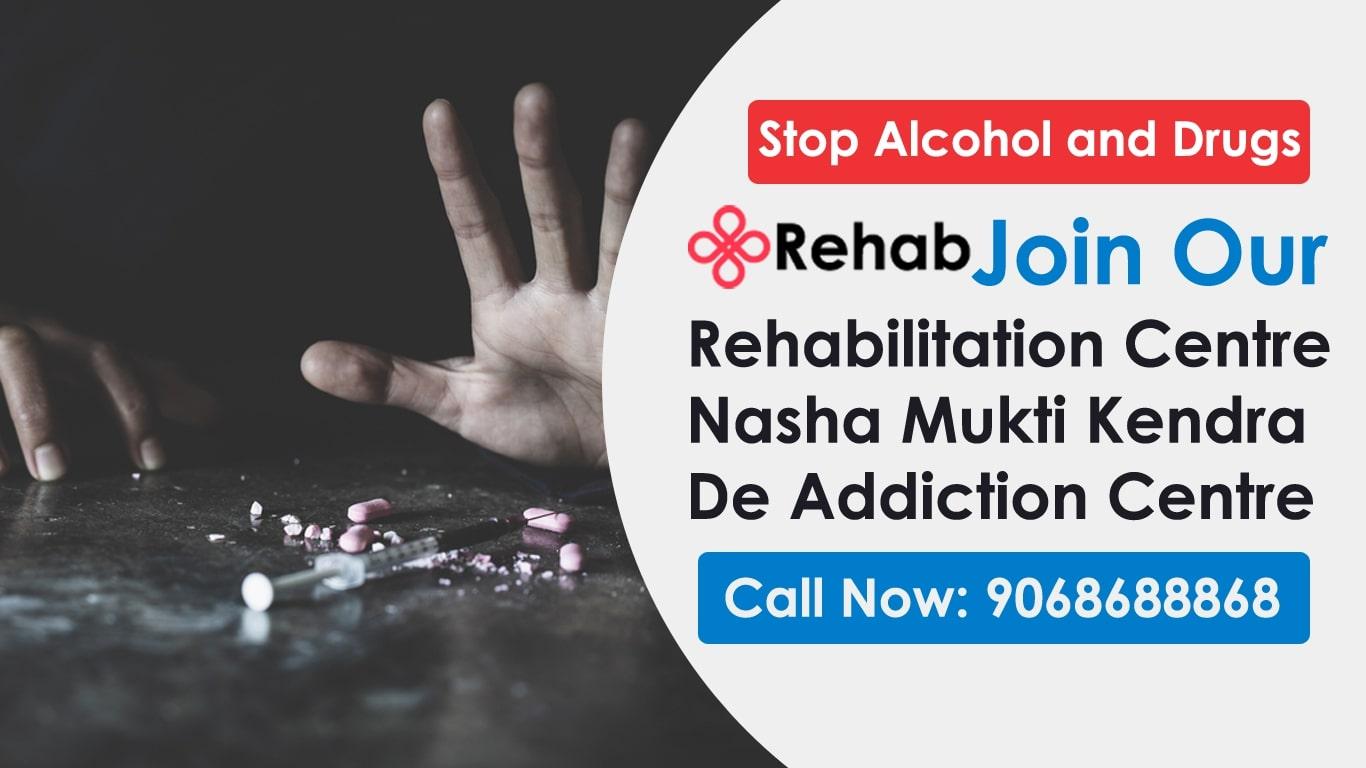Comprehensive Assessment and Personalized Treatment:
De-addiction centers begin by conducting a thorough assessment of each individual's needs. This assessment helps to create a personalized treatment plan that addresses the specific challenges of addiction faced by each person. From detoxification to therapy and counseling, these centers offer a range of services tailored to meet the unique needs of each patient.
Medical Supervision and Detoxification:
Detoxification is often the first step in addiction recovery, and it can be a challenging and uncomfortable process. De-addiction centers provide medical supervision and support during detox to ensure the safety and well-being of patients. Medical professionals are available to manage withdrawal symptoms and provide comfort and care throughout this critical phase of recovery.
Therapeutic Interventions and Counseling:
De-addiction centers offer a variety of therapeutic interventions to help individuals address the underlying issues that contribute to addiction. These may include individual counseling, group therapy, family therapy, and behavioral therapies. These interventions help individuals develop coping skills, improve self-awareness, and address the root causes of their addiction.
Skill Building and Relapse Prevention:
De-addiction centers focus on equipping individuals with the skills and tools they need to maintain their sobriety. This includes education about addiction, stress management techniques, and strategies for preventing relapse. By empowering individuals with these skills, de-addiction centers help them navigate the challenges of life without turning to substances.
Supportive Community and Peer Interaction:
One of the key benefits of de-addiction centers is the sense of community and support they provide. Individuals have the opportunity to connect with peers who are also on the path to recovery, providing a sense of camaraderie and understanding. This peer support can be instrumental in helping individuals feel less alone and more motivated to stay sober.
Aftercare and Continued Support:
Recovery from addiction is a lifelong journey, and de-addiction centers understand the importance of aftercare and continued support. Many centers offer aftercare programs, such as support groups and counseling, to help individuals maintain their sobriety and address any challenges they may face in the future.
Conclusion:
De-addiction centers play a crucial role in helping individuals overcome addiction and rebuild their lives. Through personalized treatment plans, therapy, education, and ongoing support, these centers provide the tools and resources individuals need to achieve lasting sobriety and build a brighter future. With their compassionate care and dedication to healing, de-addiction centers offer hope to those struggling with addiction and help them take the first step toward a healthier, happier life.



